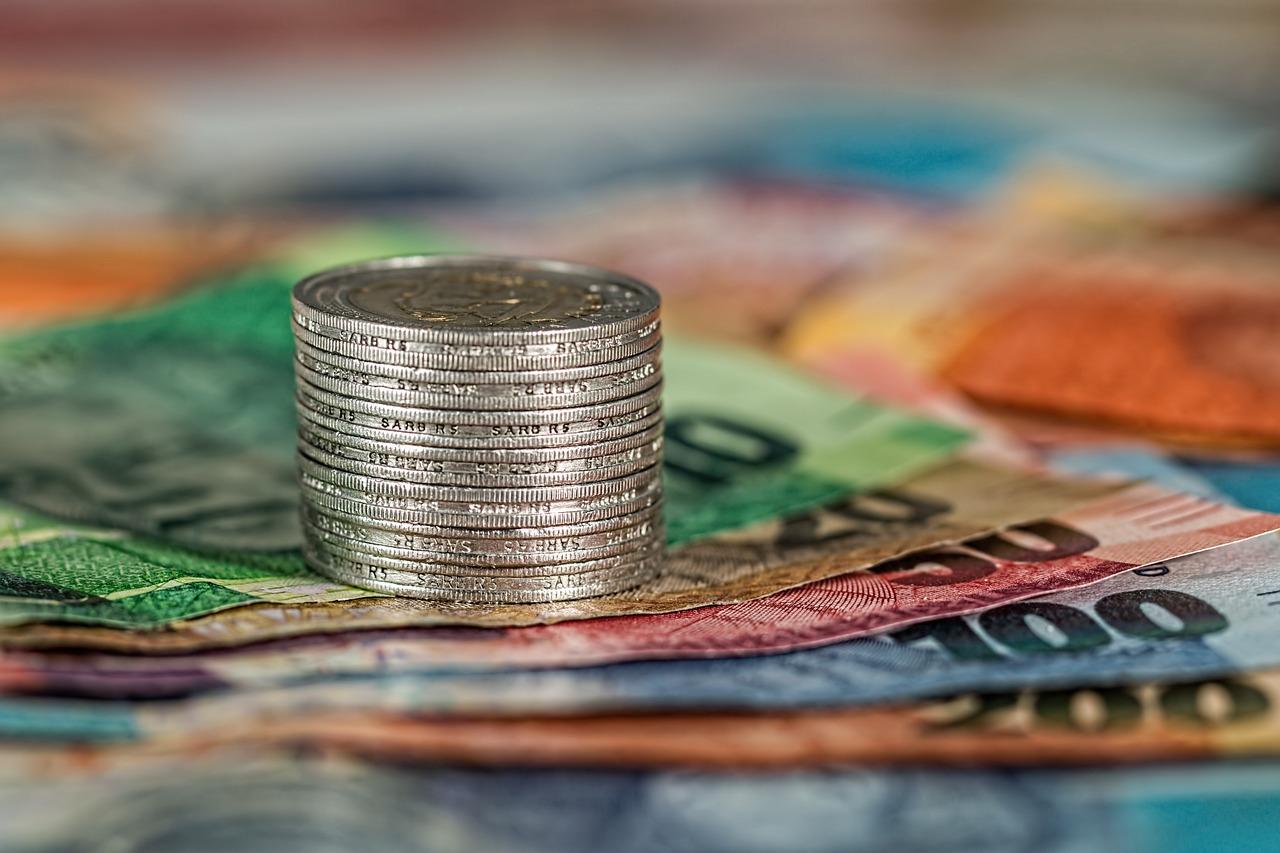Sri Lanka, the pearl of the Indian Ocean, is a popular destination for tourists from all over the world. With its rich culture, breathtaking landscapes and a variety of activities, it is no wonder that more and more travelers want to visit this tropical paradise. To ensure an enjoyable and stress-free trip, it is important to know in advance about the currency and how to get money. In this comprehensive article you will learn everything you need to know about money and finance in Sri Lanka.
Table of contents
The Currency of Sri Lanka: Sri Lanka Rupee (LKR)
The official currency of Sri Lanka is the Sri Lanka Rupee (LKR). It was introduced in 1869 and replaced the British pound as the country’s official currency. The exchange rate of the Rupee is subject to fluctuations, so it is advisable to check the current exchange rate before traveling.
Banknotes and coins
The Sri Lankan rupee is available in various denominations. Banknotes are available in 10, 20, 50, 100, 500, 1000, 2000 and 5000 LKR. Coins are available in denominations of 1, 2, 5 and 10 LKR. The design of the banknotes and coins depicts important personalities, historical events and cultural symbols of Sri Lanka.
Currency exchange and obtaining money
In order to be financially well prepared for your trip to Sri Lanka, you should inform yourself in advance about the possibilities of exchanging and obtaining money.
Banks and exchange offices

Exchanging foreign currency into LKR is allowed and common in licensed exchange offices, banks and hotels. Be sure to conduct all money exchange transactions at these legal establishments and keep the receipts for the exchange. Note that exchange rates can fluctuate and it is worth comparing exchange rates from different providers.
ATMs

ATMs are widely available in major cities and tourist destinations. There you can withdraw money with your internationally accepted credit or debit card. However, be aware that there may be fees for using ATMs, especially if they are not your own bank’s machines. Find out about possible fees and limits for cash withdrawals before you travel.
Credit and debit cards

Before traveling to Sri Lanka, make sure you have an internationally accepted credit or debit card. Visa and Mastercard are most commonly accepted, while American Express and Diners Club may not be. Also make sure your card has a chip, as this is required in many stores and banks.
Means of payment in Sri Lanka
There are several ways to pay for goods and services in Sri Lanka. It is important to familiarize yourself with the common methods of payment to avoid unpleasant surprises during your trip.
Card acceptance
In many places, especially in larger cities and tourist centers, you can pay by credit or debit card. These include hotels, restaurants, stores and service providers. However, be aware that there are still many smaller stores and street vendors that do not accept cards.
Cash
Since credit cards are not accepted everywhere, it is advisable to always have some cash with you. Cash is especially important when visiting remote areas or shopping at local markets. Be sure to carry both small and large bills so you can get change when needed.
Tipping culture in Sri Lanka
There is no legally required tipping in Sri Lanka, but it is common to tip 10-15% in restaurants and hotels. You should also tip tour guides, cab drivers and other service providers if you were satisfied with their service. Make sure you have enough change for tips.
Budget planning for your trip to Sri Lanka
To ensure that you are financially secure during your trip to Sri Lanka, it is important to plan a budget. Take into account the cost of accommodation, food, activities, transportation and souvenirs. Sri Lanka is a relatively inexpensive destination, especially compared to Western countries. However, luxury accommodations and upscale restaurants can also be expensive in Sri Lanka.
Safety and protection of finances
Although Sri Lanka is considered a safe travel destination, it is important to protect your finances and take precautions. Use money belts or hidden pockets to keep cash and important documents such as passports and credit cards safe. Also, don’t share too much information about your finances or travel plans with strangers to prevent fraud and theft.
Conclusion and travel tips
In summary, it is advisable to learn about the currency and how to obtain money before traveling to Sri Lanka. Make sure you have an internationally accepted credit or debit card and keep enough change on hand for tips.
